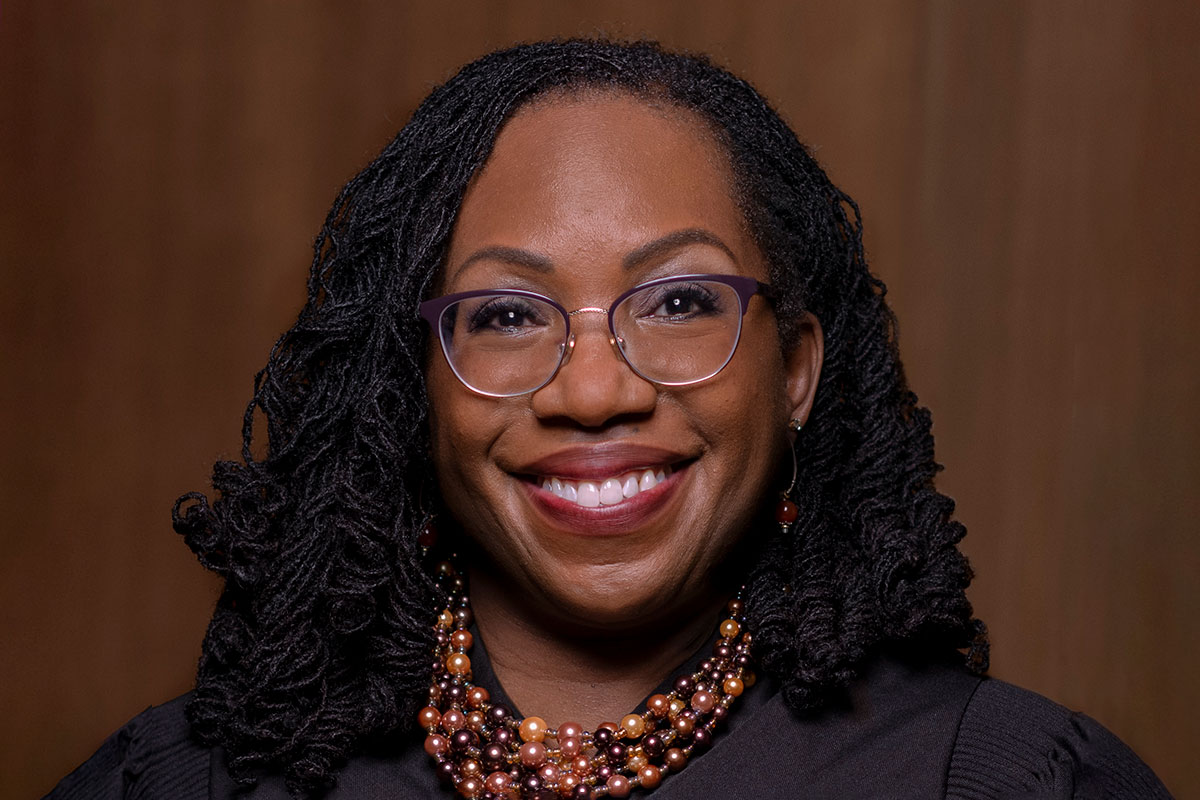Mississippi Gov. Tate Reeves is welcoming the end of affirmative action for race-conscious admissions to colleges and universities after the U.S. Supreme Court ruled that institutions must use “race-neutral” criteria when admitting students.
“We will enthusiastically work to ensure that our universities across the state comply with both the letter and spirit of this decision,” the governor said in a statement Thursday. “Our academic institutions will be stronger and more fair because of it.”
Across the nation, colleges and universities have long considered race and other characteristics a factor in their admissions to foster more diverse communities and to correct for historical patterns of structural discrimination. But in the court’s ruling yesterday, U.S. Supreme Court Chief Justice John Roberts, a white conservative, said that doing so violates the 14th Amendment’s guarantee of equal protection and that universities should focus more on individual characteristics.
“They have concluded, wrongly, that the touchstone of an individual’s identity is not challenges bested, skills built, or lessons learned but the color of their skin,” Roberts wrote in the majority opinion. “Our constitutional history does not tolerate that choice.”
In his statement, Reeves claimed that all Mississippians can can “have the chance at a better life” through “better educational opportunities, workforce and skills training, and job creation.”
“’Individuals are the sum of their unique experiences, challenges, and accomplishments. What matters is not the barriers they face, but how they choose to confront them. And their race is not to blame for everything—good or bad—that happens in their lives,” the governor said.
Reeves, who governs a 38%-Black state with some of the most brutal history of white supremacy and some of the worst racial disparities in the nation, has long denied the role of racism in society. In 2021, he told a Fox News audience that “there is not systemic racism in America.”
‘With Let-Them-Eat-Cake Obliviousness’
In a statement after yesterday’s ruling, Mississippi Center For Justice CEO Vangela M. Wade decried the decision as “a grave injustice not only to millions of students of color but to students everywhere who benefit from being in classrooms that look like America.”
“By turning its back on over forty years of jurisprudence, the Supreme Court is rolling back decades of progress and will further enshrine racial inequality in higher education. Every student should have an equal opportunity to access higher education and the opportunity to pursue their dreams—and today’s decision flies in the face of meaningful progress for all Americans, and the ideals on which many continue to build hope for our future generations,” she said.
“History reminds us that backlash to progress is not novel but part and parcel of a generations-old attempt to turn back the clock on racial justice and civil rights. In the history books of America, the chapter on pivotal moments for race relations will include slavery, Jim Crow, and today’s decision to overturn affirmative action. Maybe one day, race may not be a lens for America, but that time hasn’t arrived. Ignoring inequality doesn’t make it disappear. Our hope is that colleges and universities everywhere will prioritize equitable access and opportunity for all, regardless of today’s decision.”

The ruling split along ideological lines, with the court’s six Republican-appointed conservatives making up the majority and the court’s three Democratic-appointed liberals siding against the ruling. Justice Ketanji Brown Jackson, who became the first Black woman on the court after President Joe Biden appointed and the U.S. Senate confirmed her last year, condemned the majority’s ruling in a dissent.
“With let-them-eat-cake obliviousness, today, the majority pulls the ripcord and announces ‘colorblindness for all’ by legal fiat. But deeming race irrelevant in law does not make it so in life,” she wrote. “And having so detached itself from this country’s actual past and present experiences, the Court has now been lured into interfering with the crucial work that UNC and other institutions of higher learning are doing to solve America’s real-world problems. No one benefits from ignorance. Although formal race-linked legal barriers are gone, race still matters to the lived experiences of all Americans in innumerable ways, and today’s ruling makes things worse, not better.”
“The best that can be said of the majority’s perspective is that it proceeds (ostrich-like) from the hope that preventing consideration of race will end racism,” Jackson continued. “But if that is its motivation, the majority proceeds in vain. If the colleges of this country are required to ignore a thing that matters, it will not just go away. It will take longer for racism to leave us. And, ultimately, ignoring race just makes it matter more.”
Roberts: Focus On Individual Experiences
Roberts’ ruling did not end affirmative action in all instances, however; institutions can still use it to ensure gender parity, for example. Studies have found that white women benefit more from affirmative action than any other group.
The chief justice noted in his ruling that universities may still consider “an applicant’s discussion of how race affected his or her life, be it through discrimination, inspiration, or otherwise.”
“A benefit to a student who overcame racial discrimination, for example, must be tied to that student’s courage and determination,” Roberts wrote. “Or a benefit to a student whose heritage or culture motivated him or her to assume a leadership role or attain a particular goal must be tied to that student’s unique ability to contribute to the university. In other words, the student must be treated based on his or her experiences as an individual—not on the basis of race.”










